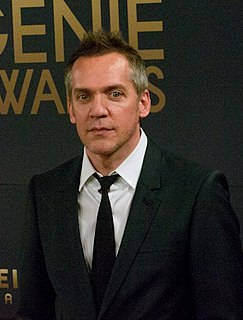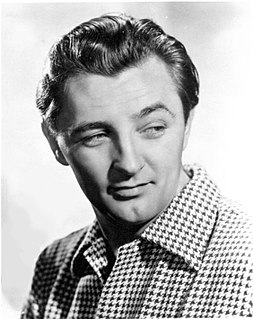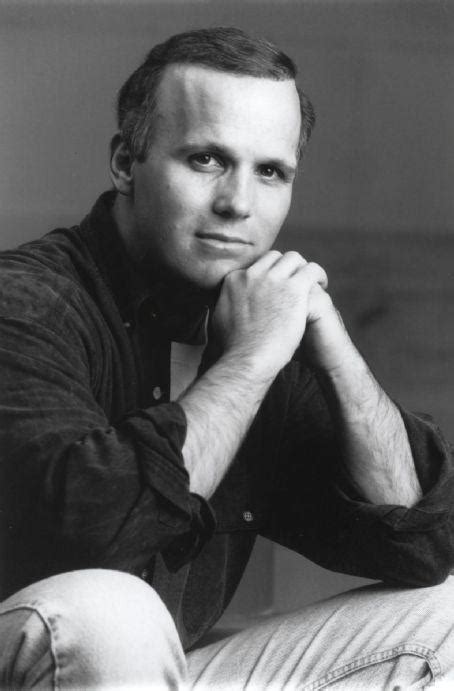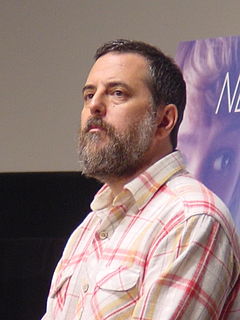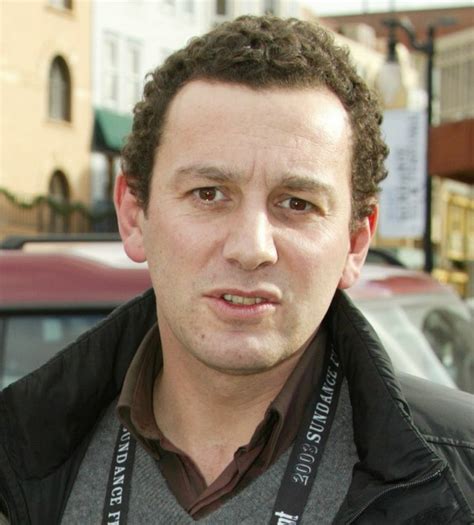A Quote by Jean-Marc Vallee
I'm a writer and director, and I like to do that, but for some reason, it's become part of the industry and part of the job to go, 'Alright, let's talk about it!'
Related Quotes
If we do change anything, we always talk about it beforehand. It's not really fair to throw things at the director on the day, unless it's a small note such as re-phrasing something. But if it's large, we always talk to the director. But we seldom do that out of respect for the writers because, for the most part, they do such a great job.
If you look for instance at the automobile industry, part of the reason that you have the expansion of that sector, is precisely because we have gone out to talk to the automobile companies to explain government policy with regard to that sector, to talk to them about the MIDP and things like that. And indeed, it has been a very important part of attracting those investors to put in money in the South African economy and build motorcars in South Africa.
There is something elegantly sinister about the Rolling Stones. They sit before you at a press conference like five unfolding switchblades; their faces set in rehearsed snarls; their hair studiously unkempt and matted; their clothes part of some private conceit; and the way they walk and talk and the songs they sing all become part of some long mean reach for the jugular.
I really hope that I can be as good as some people think I can be. But I may never work again... and that's the reality of the film industry. So, it's nice but I wouldn't want to go into something feeing like I needed to prove that I was good enough to be there. Maybe in some ways, it makes me think: "Do you know what? Some people think I'm alright, so maybe I should go into a job thinking I'm not rubbish." But I don't really think about it.
This is many, many years ago. It was shortly after "Starman" I think. I don't know how close I was to getting the part. I met with [director] Penny Marshall and that's one that I knew would be a hit. It just felt hit-ish. But it's like you go to a store and you see a jacket and you go "I love that jacket" and you try it on and it's too big or too small for you and it's the only one they have. For some reason that part just didn't fit me.
Then you learn about composition, you learn about old masters, you form certain ideas about structure. But the inhuman activity of trying to make some kind of jump or leap, where , the painting is always saying, 'What do you want from me? I can only be a painting.' You have to go from part to part, but you shouldn't see yourself go from part to part, that's the whole point.
Celebrity is titillating for a million reasons, right? So I think that's a fun part of it. This job that we do is weird. It's a very specific, odd industry to be a part of on many levels. When you're starting out, it's got a series of interesting quirks. And as you become more successful those quirks just change.
